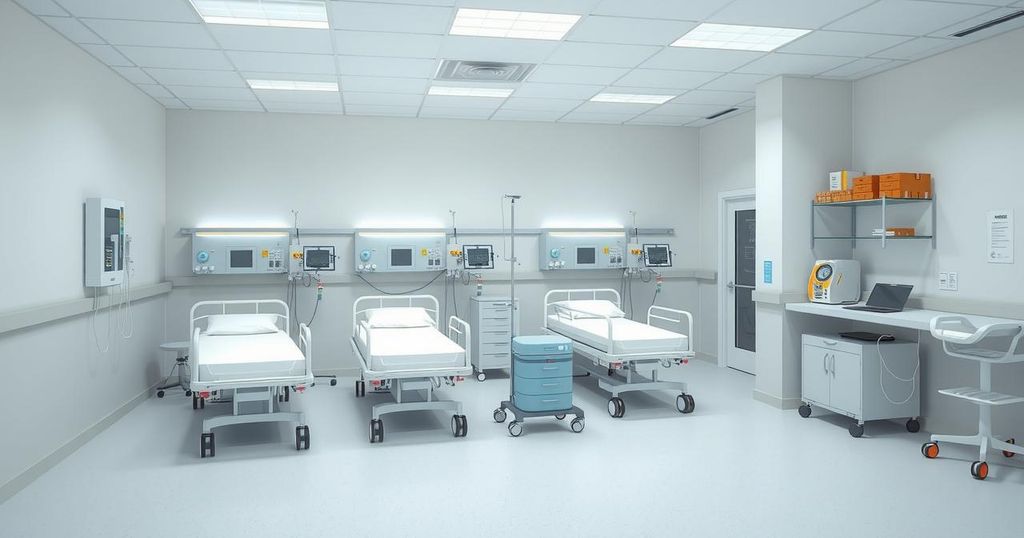Dr. Anas Al-Yousef reports 2,450 dialysis patients in Kuwait, emphasizing the need for regular checkups for high-risk groups. An event was held in conjunction with World Kidney Day to discuss kidney health, highlighting that kidney disease often shows no early symptoms. With 149 transplants last year, proactive lifestyle changes are critical for kidney health.
As of March 2025, there are approximately 2,450 dialysis patients in Kuwait according to Dr. Anas Al-Yousef, President of the Kuwait Nephrology Association. He emphasized the significance of regular medical checkups for individuals at higher risk for kidney disease such as those with diabetes, high blood pressure, obesity, frequent painkiller use, or a family history of kidney issues.
In conjunction with World Kidney Day, the Kuwait Nephrology Association hosted an event at the Avenues Mall aimed at addressing public inquiries about kidney disease and dietary practices during Ramadan. Dr. Al-Yousef noted that kidney failure is among the most prevalent chronic diseases worldwide, affecting 10 to 15 percent of the adult population. He advised that kidney disease often remains undetected in early stages due to lack of symptoms, making laboratory tests essential for diagnosis.
Dr. Al-Yousef reported that 88 percent of the dialysis patients in Kuwait are on hemodialysis, while the remaining 12 percent are on peritoneal dialysis, which he asserted is equally effective. He also highlighted a record of 149 kidney transplants conducted at the Hamed Al-Essa Organ Transplant Center in the preceding year, showcasing the expertise of the medical team in Kuwait and their preparedness for such procedures.
To mitigate the risk of kidney disease, Dr. Al-Yousef urged the public to adopt a healthy lifestyle. He recommended controlling blood sugar and blood pressure, maintaining an ideal weight, engaging in regular exercise, consuming a balanced diet, avoiding smoking, and limiting painkiller usage.
The rising rates of kidney disease in Kuwait underscore the need for increased awareness and regular medical examinations, particularly for high-risk individuals. The impressive number of kidney transplants and the emphasis on maintaining a healthy lifestyle further highlight the proactive approach required to combat this growing health issue. Continued public education about kidney health is crucial for prevention and management.
Original Source: www.arabtimesonline.com






